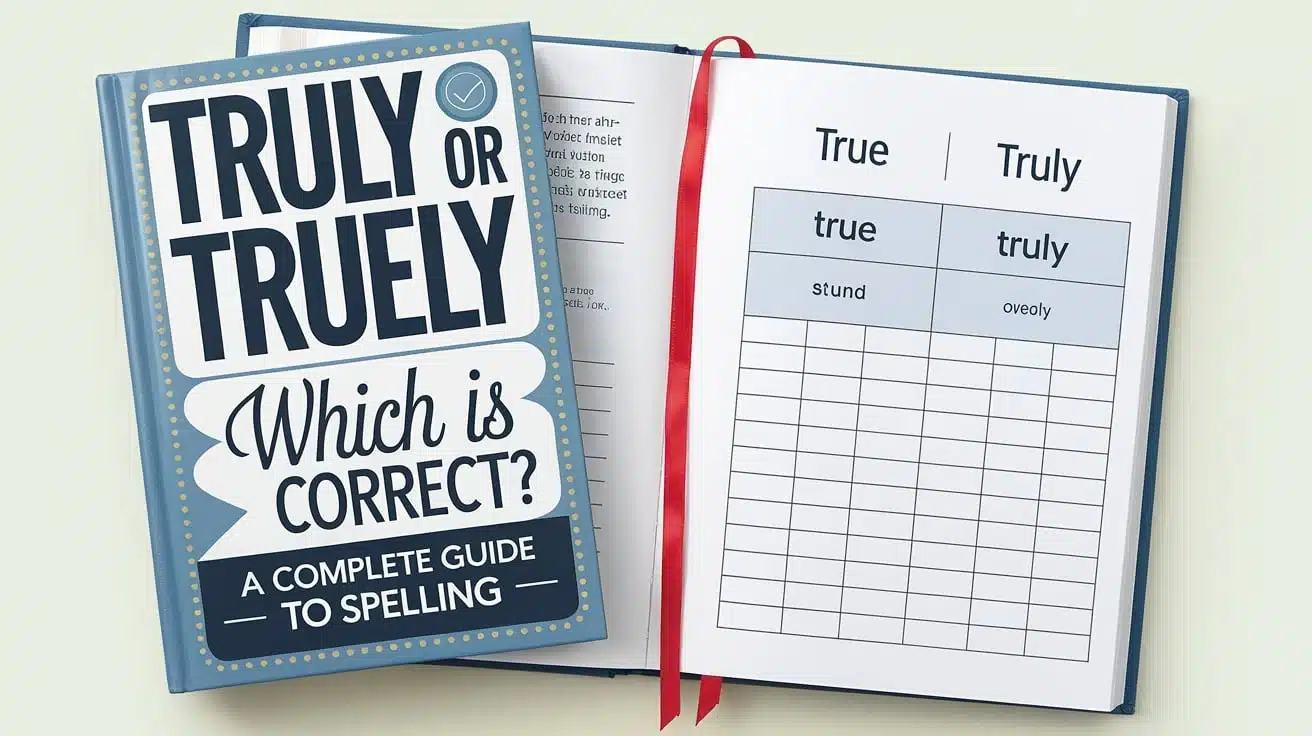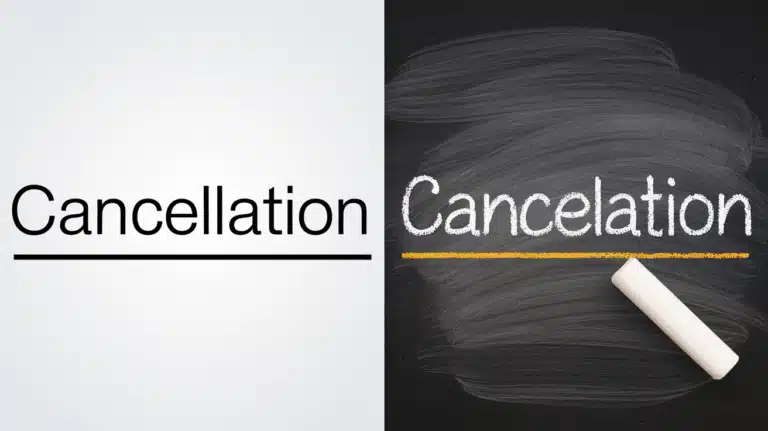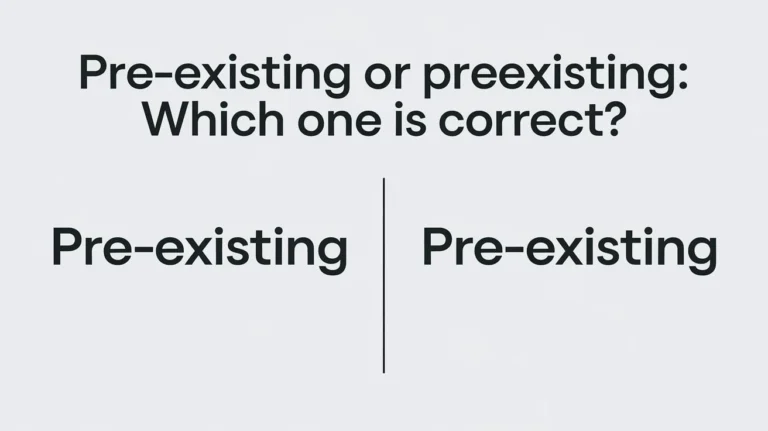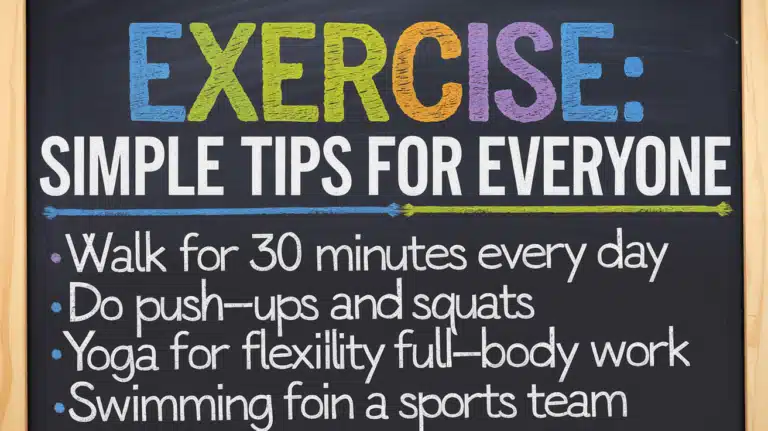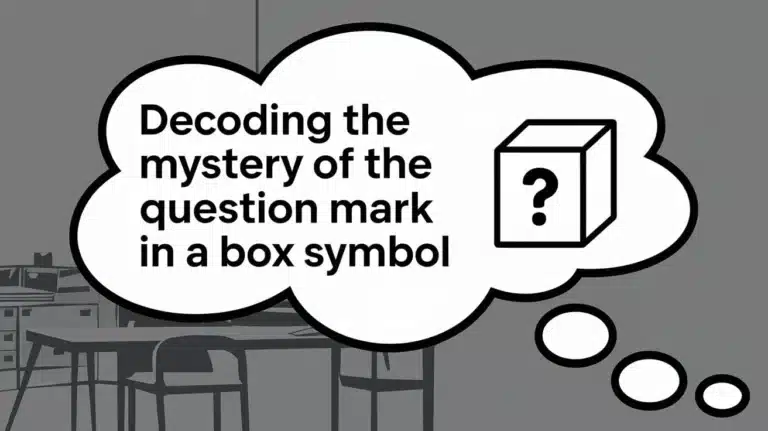Truly or Truely – Which One Should You Use?
Truly or Truely – Which One Should You Use?
Have you ever wondered if it’s “truly” or “truely”? You’re not the only one. This small spelling mistake can confuse even experienced writers. Whether you’re writing an important email or improving your grammar, it’s important to know which one is right. In this guide, we’ll explain the difference between the two, so you can write with confidence and avoid mistakes.
The Great Debate: Truly vs. Truely
Let’s be honest: English can be tricky. With so many rules and exceptions, even native speakers sometimes get confused about spellings. The difference between “truly” and “truely” is a perfect example of how English can keep us guessing.
This confusion has been around for a long time. For years, writers have struggled with the correct spelling, often sparking debates in writing groups and grammar discussions. But why does this word cause so much trouble?
“To write with precision is to wield words like a scalpel, cutting through confusion to reveal clarity.” – Unknown
The root of the problem lies in our natural inclination to follow patterns. Many English words that end in “-ue” keep the “e” when adding “-ly” (like “blue” becoming “bluely”). However, “true” breaks this mold, dropping its “e” to become “truly.” This exception to the rule is what trips up many writers.
Truly:
Let’s set the record straight: “Truly” is the correct spelling. This adverb, derived from the adjective “true,” has been the standard form in English for centuries. Its etymology traces back to Old English “trēowlīce,” meaning “faithfully” or “honestly.”
As language evolved, so did the spelling of “truly.” By the Middle English period, it had taken on forms closer to what we use today, such as “trewely” and “truli.” Eventually, it settled into the modern “truly,” which has stood the test of time.
Read More About: Piece vs Peice: the Spelling Mystery
Why “Truly” Reigns Supreme
- Historical precedence: Recognized by major dictionaries and style guides
- Consistent usage: Employed in formal and informal writing across English-speaking countries
- Rule adherence: Follows the pattern of dropping the “e” before adding “-ly” to words ending in “ue”
Truely:
Despite the clear-cut case for “truly,” many writers still find themselves gravitating towards “truely.” But why does this misspelling persist?
- Pattern recognition: Our brains often default to keeping the “e” in words ending with “-ue”
- Visual similarity: At a glance, “truely” can look correct to an untrained eye
- Regional variations: Some dialects or informal writings may use “truely,” perpetuating its usage
It’s crucial to remember that while “truely” might seem logical, it’s not accepted in standard English. Using it in formal writing or professional contexts could undermine your credibility.
The Rules of the Game: Adverb Formation
To truly understand why “truly” is correct, we need to delve into the rules of adverb formation. Generally, when forming adverbs from adjectives ending in “-e,” we simply add “-ly”:
- Brave → Bravely
- Complete → Completely
- Extreme → Extremely
However, words ending in “-ue” follow a different rule. They drop the “e” before adding “-ly”:
- True → Truly
- Due → Duly
- Blue → Bluely (although less common)
This rule helps explain why “truly” is correct, despite our instincts sometimes telling us otherwise.
Truly in Action: Real-World Examples
To cement your understanding, let’s look at how “truly” is used in various contexts:
- Literature:
“It was a truly remarkable sight.” – Jules Verne, “Twenty Thousand Leagues Under the Sea” - Business:
“We are truly committed to customer satisfaction.” - Personal communication:
“I’m truly sorry for the misunderstanding.” - Academic writing:
“The experiment’s results were truly groundbreaking.” - Social media:
“Just had a truly amazing experience at the new restaurant downtown! #foodie”
In each of these examples, “truly” adds emphasis and sincerity to the statement. It’s a powerful adverb that, when used correctly, can significantly enhance your message.
Truely Troubling: When Spell-Check Fails You
In our digital age, we often rely on spell-checkers to catch our mistakes. However, these tools aren’t infallible. Some may not flag “truely” as an error, especially if the dictionary hasn’t been updated or if the software uses a non-standard word list.
This highlights the importance of developing your own spelling skills rather than relying solely on technology. After all, a truly polished piece of writing comes from a well-trained mind, not just a well-programmed algorithm.
Memory Tricks: Never Misspell “Truly” Again
Struggling to remember the correct spelling? Try these memory tricks:
- “Truly” has no “e” to be true to you: This playful phrase can help you remember to drop the “e”
- **”TRU-ly amazing”: Emphasize the “TRU” sound when saying it to reinforce the spelling
- **Visualize crossing out the “e” in “true” before adding “ly”
Beyond Spelling: The Impact of “Truly” in Communication
Using “truly” correctly isn’t just about spelling; it’s about effective communication. This adverb carries weight, conveying sincerity and emphasis. When you use it, you’re telling your reader or listener that you mean what you say.
Consider these examples:
- “I appreciate your help.” vs. “I truly appreciate your help.”
- “It was a good movie.” vs. “It was a truly good movie.”
The addition of “truly” transforms these statements, adding depth and conviction to your words.
Cultural Variations: “Truly” Around the World
While “truly” is the standard spelling in English-speaking countries, it’s interesting to note how other languages express this concept:
| Language | Word for “Truly” | Literal Translation |
|---|---|---|
| French | Vraiment | Really |
| Spanish | Verdaderamente | Truly |
| German | Wirklich | Really |
| Italian | Veramente | Truly |
| Japanese | 本当に (Hontōni) | Really |
This global perspective reminds us of the universal need to express sincerity and truth across cultures.
The Truly Test: Quick Quiz to Cement Your Knowledge
Let’s put your newfound knowledge to the test:
- Which is the correct spelling?
a) Truely
b) Truly - When forming an adverb from “true,” what happens to the “e”?
a) It’s kept
b) It’s dropped - In the sentence “I am _ grateful for your support,” which is correct?
a) truely
b) truly - Which tool should you not rely on exclusively for correct spelling?
a) Your memory
b) Spell-checker - The word “truly” is derived from which language?
a) Old English
b) Latin
(Answers: 1.b, 2.b, 3.b, 4.b, 5.a)
Wrapping It Up: The Truth About “Truly”
As we reach the end of our journey through the “truly” vs. “truely” landscape, let’s recap the key points:
- “Truly” is the correct spelling, backed by centuries of usage and linguistic evolution
- “Truely” is a common misspelling that should be avoided in formal writing
- Understanding adverb formation rules can help prevent spelling errors
- “Truly” adds emphasis and sincerity to your communication
- Developing strong spelling skills goes beyond relying on digital tools
Armed with this knowledge, you’re now equipped to use “truly” with confidence. Remember, mastering these nuances of language isn’t just about being correct—it’s about communicating clearly and effectively.
So, the next time you’re about to write “truely,” pause for a moment. Think back to what you’ve learned here. Choose “truly,” and know that you’re not just spelling correctly—you’re truly elevating your writing to new heights of precision and impact.

